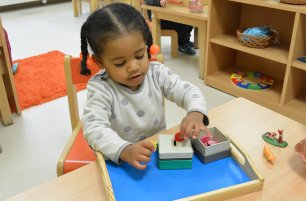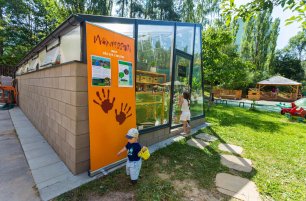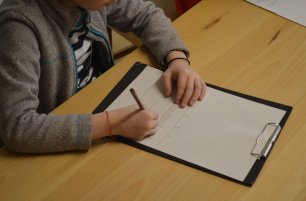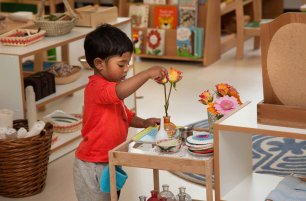Mones
Sorry, this article is only in Czech.

Every morning, with any luck, a very enthusiastic and volume‑charged toddler and I make the 45 min…
Read more
We are thrilled to announce that IMSP has officially joined the Roots & Shoots program in Czechia! This exciting collaboration, led by our dedicated team member, Irena Andělová, marks a significant new chapter in our school’s commitment to nurturing confident, compassionate, and engaged global citizens.
Read more
It can be an exciting time when your child begins to read and write their first words. They are at the dawn of an exhilarating literacy journey that will open their eyes to a world of books, knowledge, and wonder!
Read more
Maria Montessori used to walk through the forests in India pulling leaves from trees to teach about their function and structure, digging in the soil to demonstrate the ubiquitousness of life, examining root systems and connecting them to academic ideas.
Read more
Radka Dohnalova, a parent of three IMSP children, has been researching the future of education in this world. She has summarized her findings in the article below, which was also recently published. Radka wanted to share the results with the IMSP community when her research revealed how Montessori education aligns with where the future of education is heading.
Read more